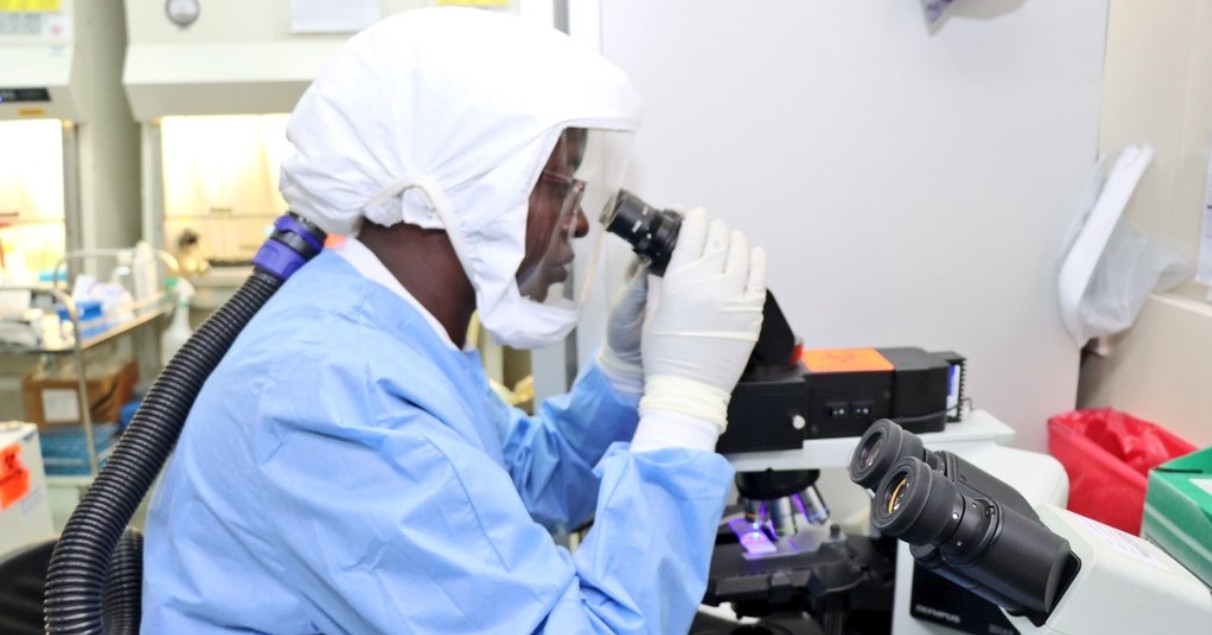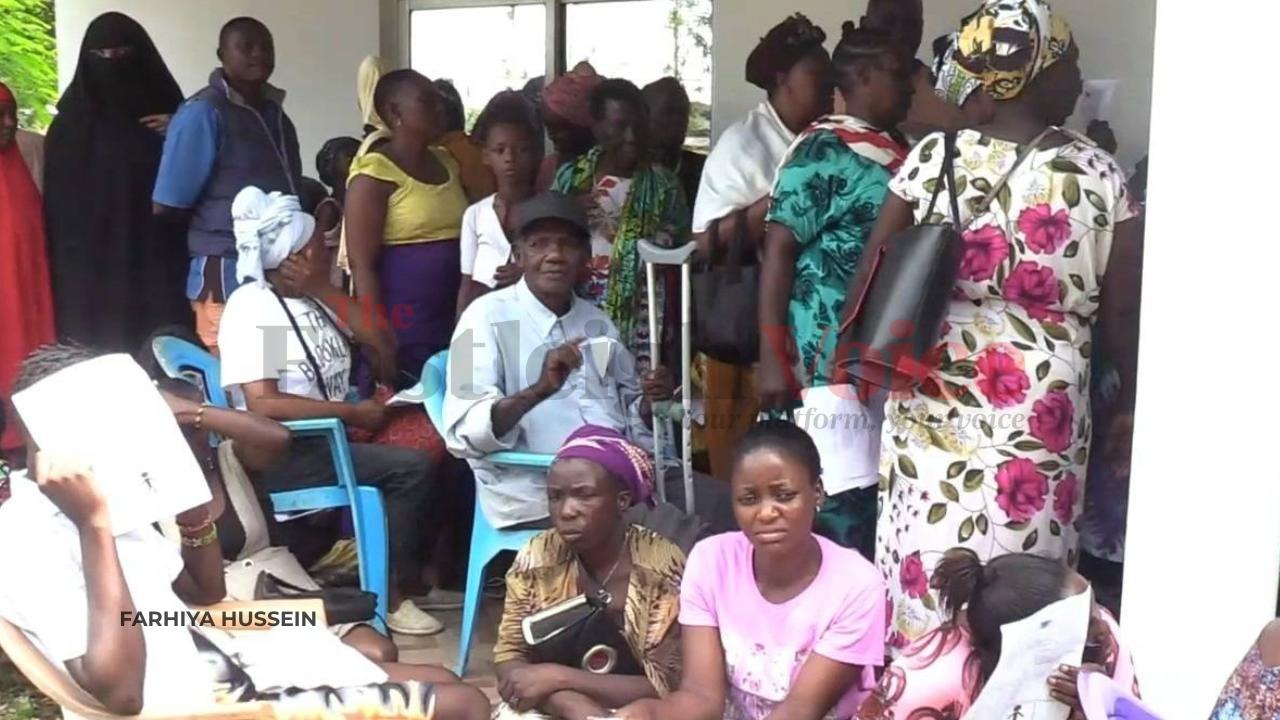NTSA staff lack full control of Sh186 million system nearly two years after launch - audit

According to the audit for the year ending June 2024, NTSA workers lack full access to the Transport Integrated Management System (TIMS), which handles essential services such as vehicle registration, inspections, and driver licensing.
The National Transport and Safety Authority is on the spot once again after Auditor-General Nancy Gathungu revealed that its staff have restricted access to a critical digital platform, despite spending Sh186 million to install it.
The audit further shows that the agency has not taken control of the system nearly two years after it went live, placing millions of public funds at risk.
More To Read
- NTSA dismisses claims of losing control over TIMS amidst audit concerns
- NTSA yet to print 572,000 smart licences despite full delivery by supplier
- KEBS eases import rules for older left-hand, special-purpose vehicles
- Motorists Association of Kenya decries state plan to inspect private vehicles older than four years
- State proposes mandatory inspections for vehicles older than four years in new rules
- State agencies directed to set up e-Agent accounts on eCitizen for bulk payments
According to the audit for the year ending June 2024, NTSA workers lack full access to the Transport Integrated Management System (TIMS), which handles essential services such as vehicle registration, inspections, and driver licensing.
Although the system enables online applications and payments, staff cannot generate or export complete reports needed to support revenue tracking and decision-making.
“TIMS access rights provided to the authority user departments did not allow for the generation and export of comprehensive transactional reports for licensing and vehicle registrations,” Gathungu said.
“NTSA users of the licensing and motor vehicle registration departments have limitations in the current access levels to meet their reporting requirements. The employees can only access and produce highly summarised reports for licensing and vehicle registration,” she added.
The platform was commissioned in March 2023 and migrated to the e-citizen portal, yet no formal contract was signed for its adoption, raising further accountability concerns.
“The new system was commissioned in March 2023, for which the authority has no control, as there was no contract for adoption of the system and the system has been migrated to e-citizen,” the report states.
Despite handling critical processes, including issuance of provisional and interim driving licences, digital licences, logbooks and inspection certificates, the system cannot generate a full report of applications made or revenue expected.
Gathungu said this gap compromises transparency and affects the authority’s ability to monitor performance and enforce compliance. “In the circumstances, the value for money incurred on the system could not be confirmed,” she noted.
The Auditor-General did not name the private firm that developed the system but raised concerns about the authority’s continued reliance on a platform it cannot control.
This revelation follows a similar concern raised in a separate audit that flagged the state’s lack of oversight over the wider e-citizen platform, which processes payments of up to Sh350 million daily across more than 5,000 government services.
The report warns that without full system control, the government remains vulnerable to revenue leakages and poor accountability.
In a separate but related audit, the NTSA has also been criticised for failing to print over 572,000 smart driving licences, despite receiving nearly all the cards from the supplier.
Gathungu said that by June 2024, NTSA had only printed 1,637,930 smart licences, accounting for just 33 per cent of the five million cards contracted. This is more than seven years after the project started, and far behind the three-year rollout target.
“Review of the project status as of June 30, 2024, revealed that 1,637,930 or 33 per cent of total contracted cards had been printed since inception, an indication of very low performance,” she said.
The Sh2 billion deal signed in 2017 between NTSA and the National Bank of Kenya was meant to supply, install and maintain smart driving licence cards. However, the audit shows that more than four million cards were delivered, yet most remain unused, with no clear explanation for the delay.
The delay means a large number of the country’s estimated five million registered drivers have yet to receive the new smart licences, raising concerns that many could be operating vehicles without valid documents.
Top Stories Today











































